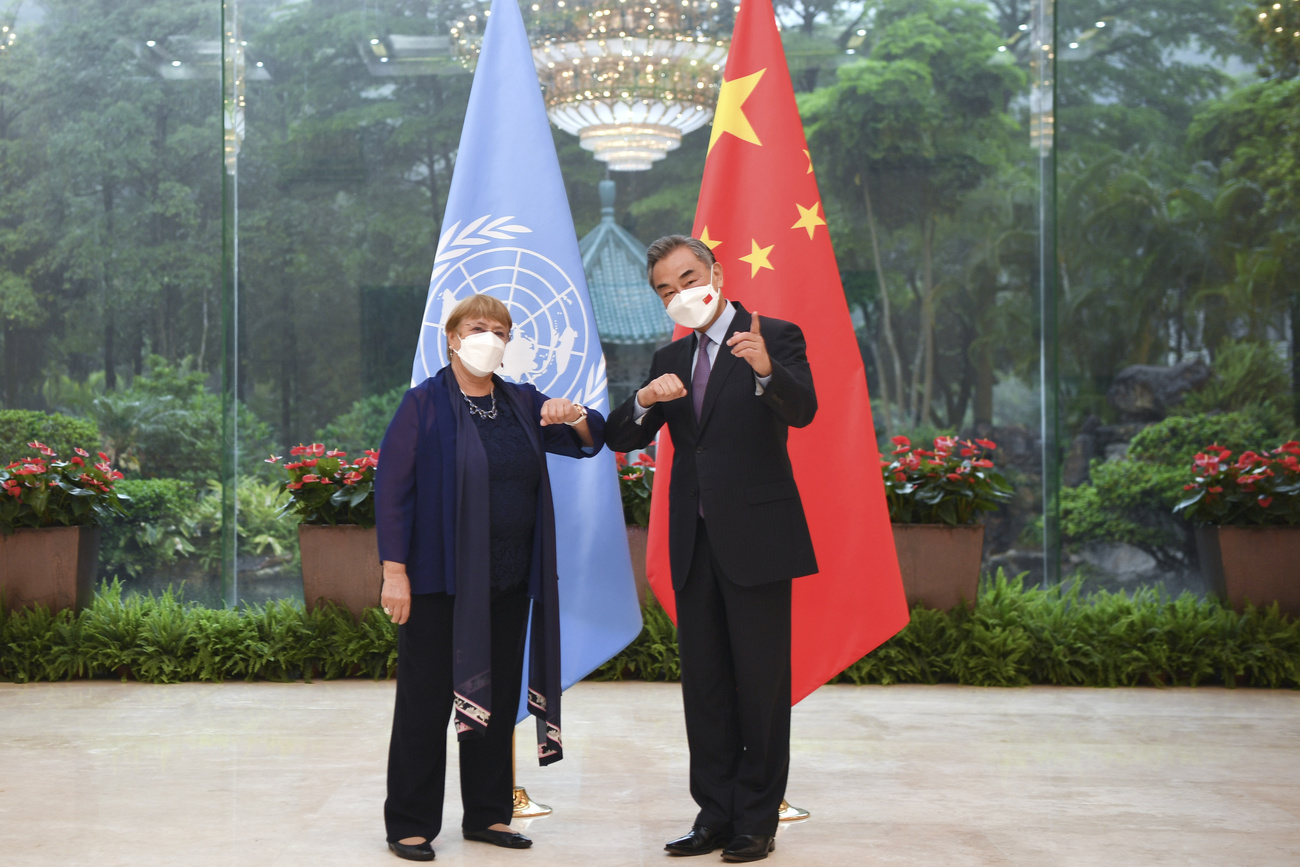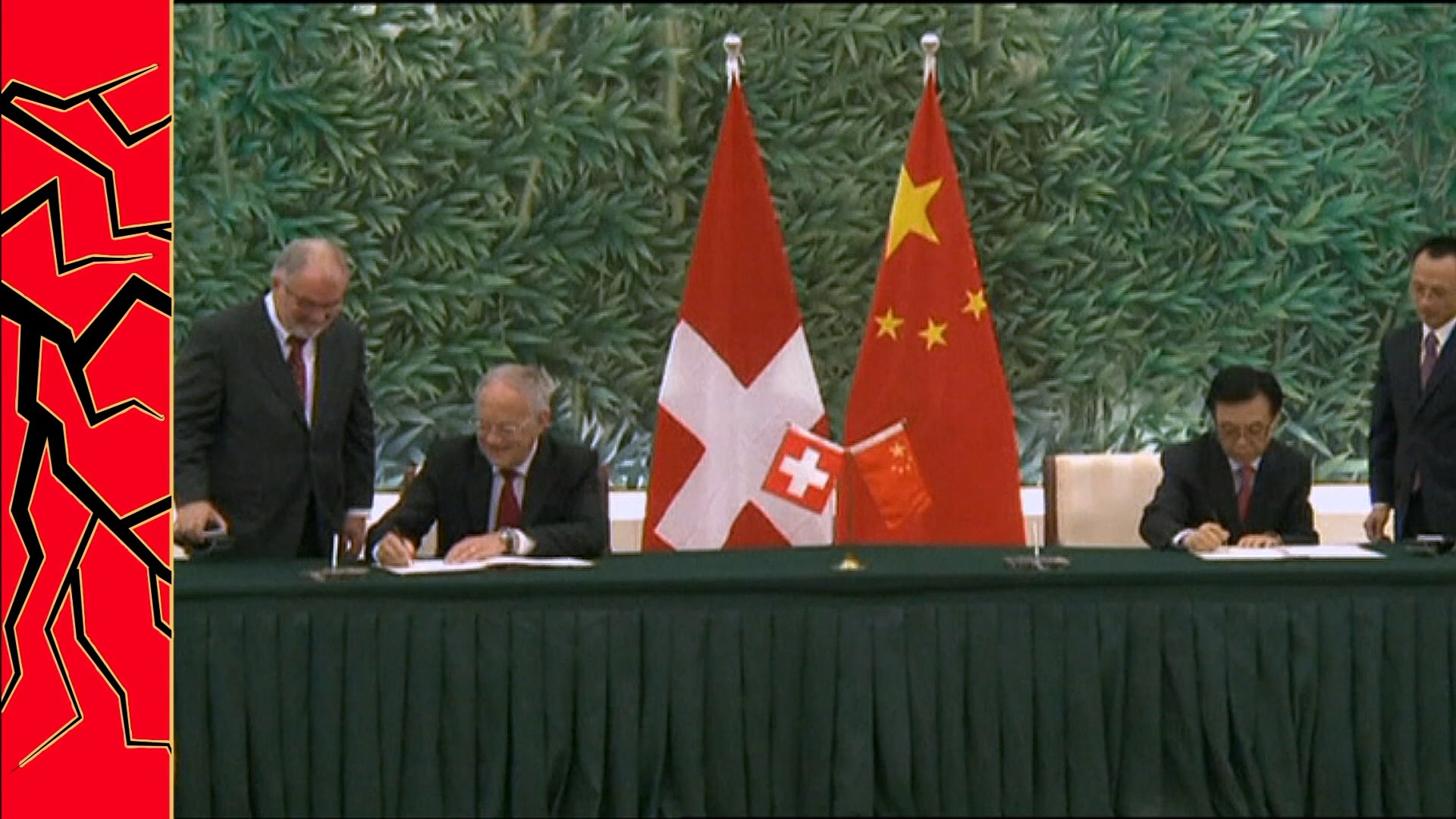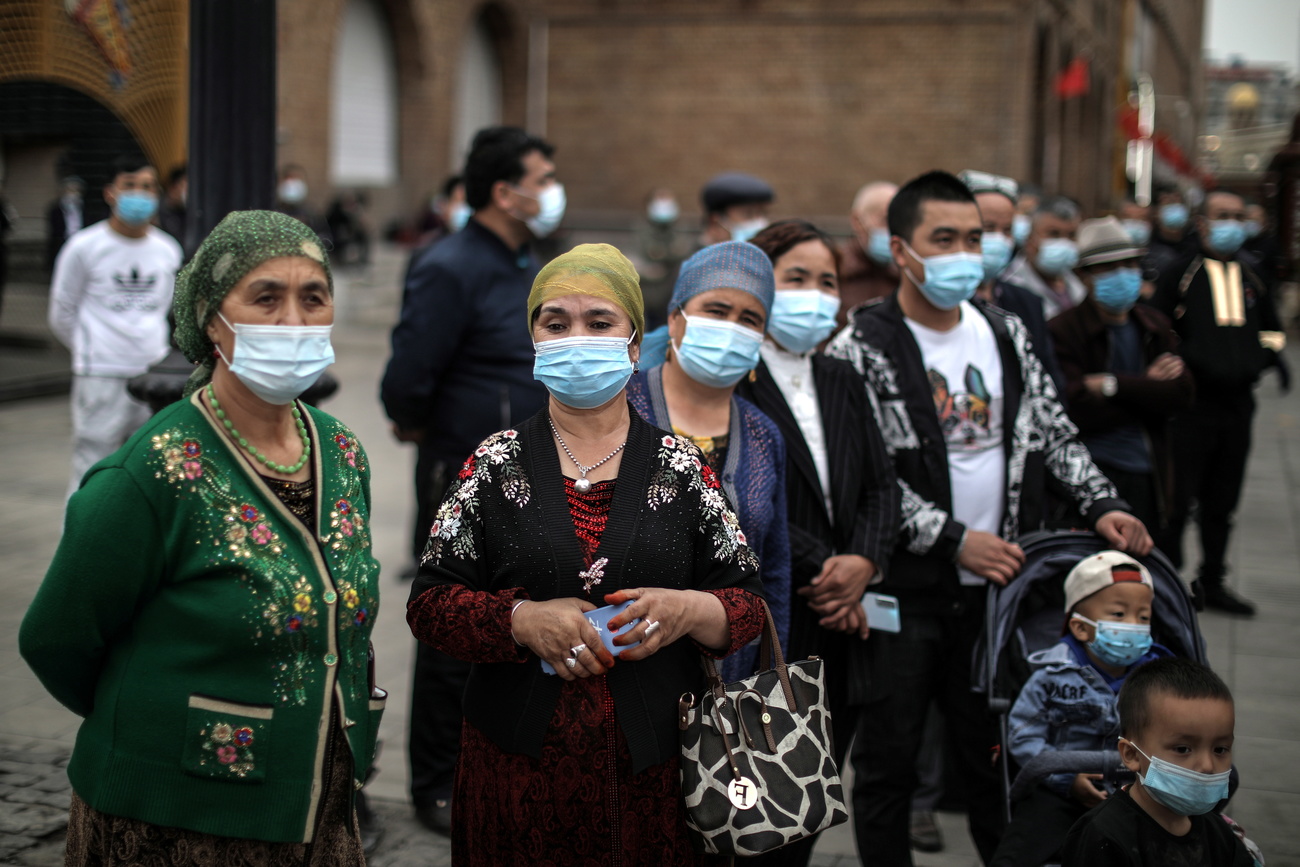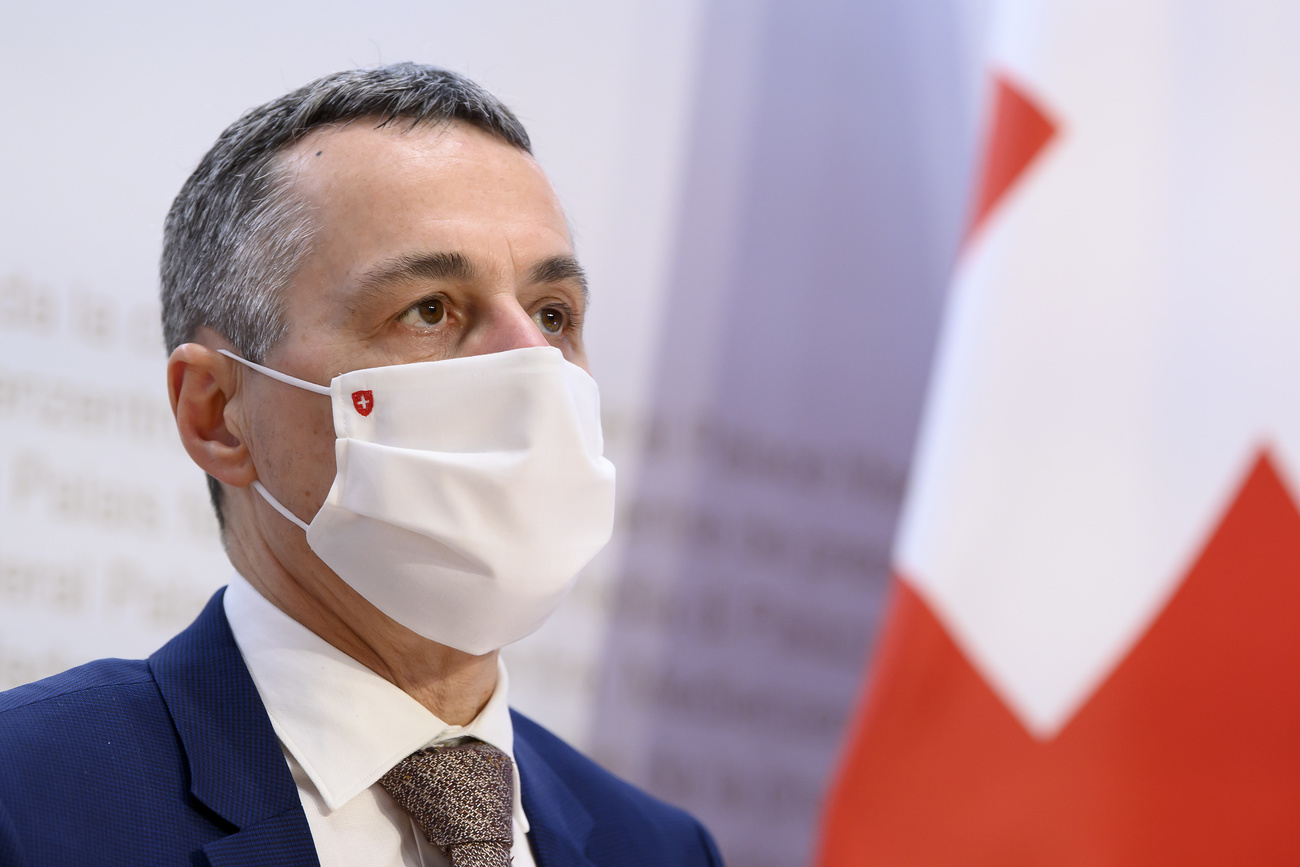Human rights chief ends China visit, saying it was not a probe

UN High Commissioner for Human Rights Michelle Bachelet ended a controversial six-day visit to China on Saturday, saying she had held frank talks with Beijing and that it was “not an investigation”.
Bachelet, the top official of the UN’s Geneva-based human rights office, told a virtual press conference that she had visited Kashgar prison and the Kashgar Experimental School in the Xinjiang region, where human rights campaigners accuse China of widescale abuses against Uyghurs and other minority groups, including the torture, forced labour and detention of some one million people in internment camps.
China says the camps are re-education and training facilities and denies any abuse, saying it is fighting terrorism and religious extremism.
Last year, Switzerland was among 40 countries that put pressure on Beijing to allow Bachelet “meaningful and unfettered” access to Xinjiang. However, the terms agreed by Beijing and Bachelet’s office for this visit were not made public. The US State Department and some human rights groups urged her to call it off, for fear that it could be used as Chinese government propaganda. Coinciding with the visit, international media released hacked Chinese police documentsExternal link said to show the scale of abuse in Xinjiang detention camps, including a shoot-to-kill policy for those who try to escape.
Tibet, Hong Kong and the death penalty
Bachelet met with Chinese President Xi Jinping (virtually) as well as other national and regional officials, civil society, women’s groups and business leaders.
“Official visits by a High Commissioner are by their nature high-profile and simply not conducive to the kind of detailed, methodical, discreet work of an investigative nature,” she told the press. “The visit was an opportunity to hold direct discussions – with China’s most senior leaders – on human rights (…) with a view to supporting China in fulfilling its obligations under international human rights law.”
She said she had urged Beijing to review all counter terrorism and deradicalization policies to ensure “that they are not applied in an arbitrary and discriminatory way” and to provide information to Uyghur families who have lost contact with their loved ones. Bachelet told the press she had also raised human rights concerns with regard to Tibet, Hong Kong and the death penalty.

More
Uyghurs in focus as UN human rights chief visits China

In compliance with the JTI standards
More: SWI swissinfo.ch certified by the Journalism Trust Initiative




You can find an overview of ongoing debates with our journalists here. Please join us!
If you want to start a conversation about a topic raised in this article or want to report factual errors, email us at english@swissinfo.ch.